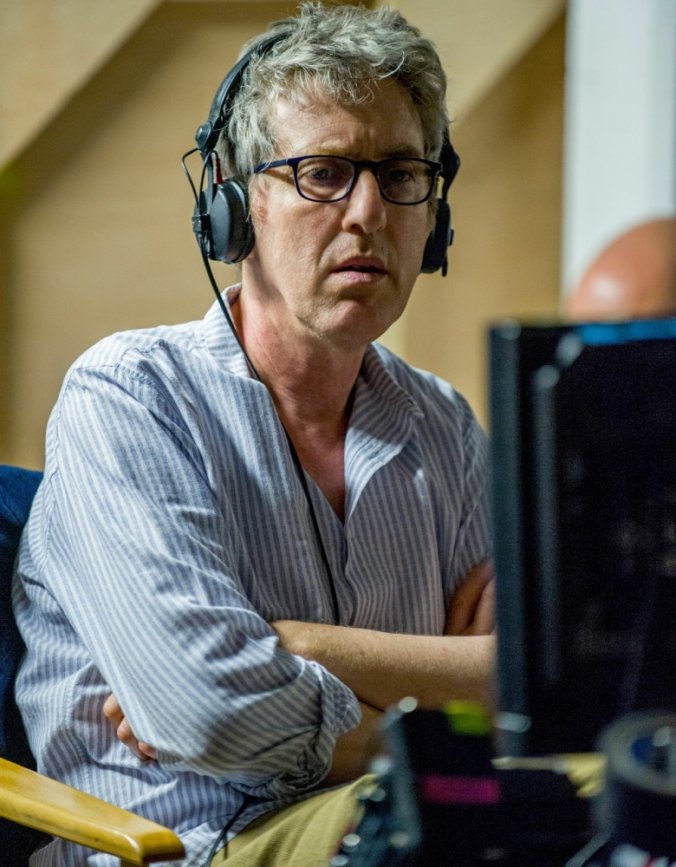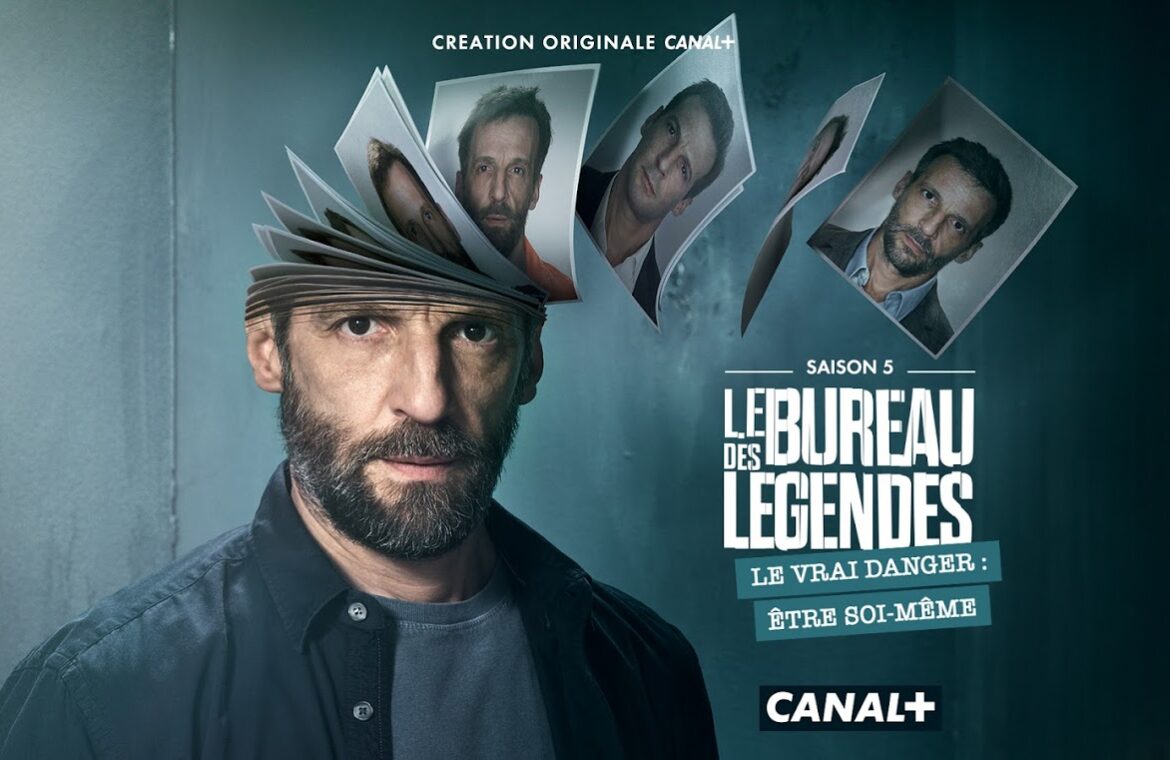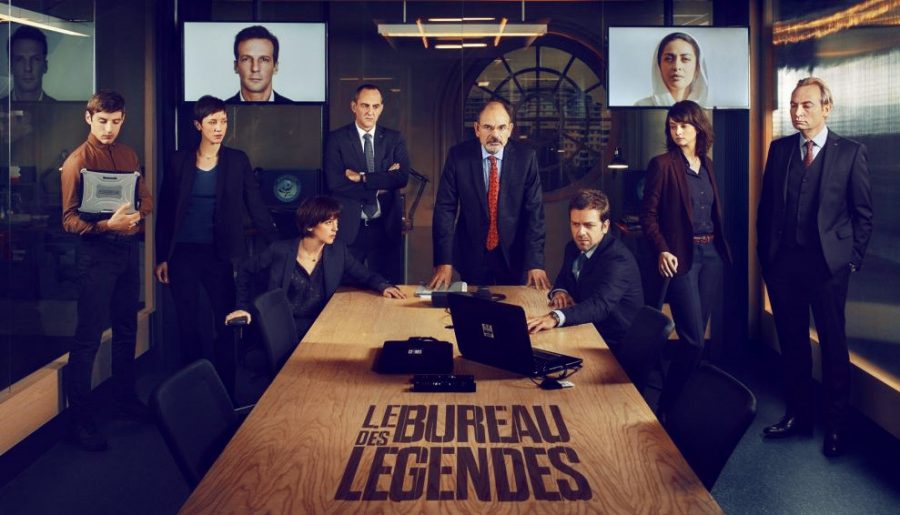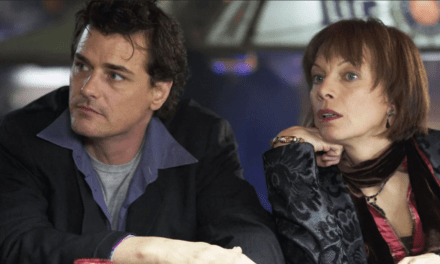The more identities a man has, the more they express the person they conceal.
— John le Carré, Tinker, Tailor, Soldier, Spy (207)
The spy is the quintessential protagonist for our digital globalist era. A secret agent works undercover, slips in and out of various aliases, while piecing together bits of information that sometimes lead to a deeper understanding of what’s going on. This hard-earned knowledge is the spy’s stock-in-trade and the most prized commodity in our current digital age. John Cawelti and Bruce Rosenberg pinpointed the seminal reason for the spy genre’s growing appeal some 35 years ago when they wrote, ‘The situation of the spy “out in the cold” seems to express the way many people feel about the basic patterns of their lives’ (32).
This prescient insight is even truer today than ever before. The spy as every man and woman is a hallmark of the 21st century, reflecting the deep sense of disorientation and alienation that many people feel when trying to align their inner selves with the various personal and professional roles they must enact in performing their daily lives. No storyteller captured this existential reality and everyday life experience better than John le Carré (née David Cornwall, 1931-2020). His influence on the transmedia spy genre is profound, incalculable, and second to none.
One of his more gifted next-generation disciples is filmmaker turned showrunner, Éric Rochant. Besides three short movies that he produced in the mid-1980s, the now 60-year-old industry veteran has written and directed nine feature films, including Les Patriotes (1994) concerning Mossad, Israel’s national intelligence agency, and Möbius (2013), the FSB, Russia’s principal security bureau; along with his first showrunning experience at the French premium channel, Canal +, on seasons two and three for Mafiosa (2008-2010), which involves the Corsican mafia, another clannish clandestine organization.
Television has always operated as a byproduct of French cinema up until the last decade, largely on account of the country’s strong commitment to its well-established world-class film culture. Éric Rochant helped facilitate TV’s recent ascendancy in France by his own professional transition from the large to small screen. The art of showrunning as the guiding principle in the television production process is a relatively new modus operandi in France. In fact, Rochant traveled to New York to learn as many best practices as he could on the set of the high-end legal thriller, Damages (FX, 2007-2010), in preparing to take over the reins at Mafiosa.
After completing two successful seasons on Mafiosa, Rochant pitched to development executives at Canal + the concept for Le Bureau des Légendes (The Bureau, 2015-present) because he preferred creating stories related to the world of espionage rather than organized crime despite the peripheral similarities. He recently explained, ‘everything I’ve done started with John le Carré . . . that’s why I did The Patriots, that’s why I did Möbius, and that’s why I did The Bureau . . . le Carré is the heart and the core of my inspiration’ (‘Conversation with Showrunner, Éric Rochant’).
Besides John le Carré, Éric Rochant also credits the French Nouvelle Vague films of the late-1950s and 1960s and American political thrillers of the mid-1970s (The Parallax View [1974], The Conversation [1974], All the President’s Men [1976]) that he grew up watching as a teenager as major influences on Le Bureau des Légendes. Still, Rochant’s primary objective was to create a series for French TV that approximated the best post-Sopranos (HBO, 1999-2007) scripted dramas from America that inspired him to shift gears from film to television in the first place. ‘For me, a real series is five seasons. I could have stopped at four, but The Wire [HBO, 2002-2008] is five seasons. Friday Night Lights [NBC and DirecTV, 2006-2011] is five. Boardwalk Empire is five [HBO, 2010-2014] (Vincentelli).
The premise of Le Bureau des Légendes is that there is a fictional undercover operation functioning under the auspices of the DGSE (Direction Générale de la Sécurité Extérieure/General Directorate of External Security). The DGSE is the equivalent of America’s CIA, Russia’s FSB, Israel’s Massad, and Britain’s MI6 and this government agency frequently interacts with these other international organizations throughout the series. Légendes or legends in this context refers to the elaborate false identities adopted by spies. For example, the George Smiley of Le Bureau des Légendes is the multi-talented and charismatic Guillaume Debailly (Mathieu Kassovitz) codenamed Malotru (which is an old-fashioned way of calling someone a brute). Significantly, Debailly is forced “out in the cold” from the final episode of season two onward when he acts on his personal desires, which collide with his professional responsibilities.
The brilliance of Le Bureau des Légendes is that the series is thoroughly French while seamlessly integrating enough familiar spy story tropes to be readily recognizable and deeply engrossing for transnational audiences all around the globe. Malotru originates from the Belgium cartoonist, Hergé (née Georges Remi), and his century-old, Les Aventures de Tintin, one of France’s most popular comics ever. Tintin is a boy wonder reporter and adventurer who befriends a rough-and-tumble sailor, Captain Haddock, who is known for his colorful vocabulary such as using the salty insult ‘malotru’ for example.
Guillaume Debailly is thus one part Malotru but other parts Paul Lefebure, Pasha, and Pavel Lebedev, depending on the location and the situation. All these aliases together comprise who the real Guillaume Debailly is deep down inside and the fascination of his character is watching him evolve and adapt to the personal and geopolitical dynamics that impact and inform him as a person. His DGSE colleagues similarly assume legends and venture into various field operations as needed such as Marina Loiseau (Sara Giraudeau) codenamed Phénoméne; director of clandestine services, Henri Duflot (Jean Pierre Darroussin); and Malotru’s handler and later bureau chief, Marie-Jeanne Duthilleul (Florence Loiret-Caille), among others.
Le Bureau des Légendes instantly became Canal+ flagship series once it debuted on 27 April 2015. The program was an immediate breakout hit in France with its subtle mixture of office politics peppered with high octane action in such exotic and newsworthy locations as Damascus, Syria, Iran, Iraq, Algeria, Egypt, Saudi Arabia, Yemen, Cambodia, and Russia with occasional R&R respites back in Paris. One of the essential pleasures of watching a finely-tuned expertly executed spy narrative such as Le Bureau des Légendes is its ability to conjure up the illusion for viewers that they are being taken behind the scenes of world events to observe, for instance, the barbarity of the Assad regime in Syria or the medieval tactics of ISIS or the cutting-edge cyber skills of Russian hackers.
Le Bureau des Légendes presents a highly credible fictional landscape where the Cold War of the 20th century resurfaces and metastasizes into the Cyberwar of the 21st century. Russia and China are clearly the prime antagonists of the West and the United States is neither as collaborative nor as dependable an ally as it once was. There is even a mischievous allusion to former CIA director, James Jesus Angleton (from 1954-1975), with the introduction in season four of Jean-Jacques Angel (Mathieu Amalric), director of DSEC, DGSE’s security service. Playfully referred to as JJA, Angel lets his paranoia about Russia and his obsessive fears of an imagined enemy within get the better of him, just as his real-life U.S. counterpart did a half-century before.
Suffice it to say that Le Bureau des Légendes is carefully researched and therefore narratively informed by current events. What critical attention the series has received so far regularly likens Le Bureau des Légendes to Homeland (Showtime, 2011-2020), which shortchanges the former in comparison to the latter with the exception of Homeland’s exemplary first season. All told, this French spy series is far more nuanced and unsentimental, intricately plotted and morally ambiguous. Éric Rochant even admits that executives at Canal + wanted more melodrama and less realism at the beginning. ‘They wanted Homeland,’ he explains, ‘I wanted Mad Men [AMC, 2007-2015] in intelligence’ (‘Interview with Éric Rochant’). Rochant eventually got his way because of the leverage that an immediately warm and enthusiastic domestic response to the show afforded him.
First season trailer for Le Bureau des Légendes (1:57)
For example, Le Figaro’s entertainment reporter, Léna Lutaud, christened Le Bureau des Légendes ‘the best television program ever produced in France’ during its first season. Bookend that appraisal with New York Times head TV critic, Mike Hale, who singled the series out as the ‘third best international show of the decade’ (2010-2019) five years later. Despite such well-deserved praise, Le Bureau des Légendes has yet to be recognized as one of the highest quality prestige television series ever produced anywhere. A major reason for this oversight is that the program simply hasn’t enjoyed the kind of consistent widespread visibility that a major streamer with a global footprint can provide.
The global television industry has changed dramatically in the six-plus years since Le Bureau des Légendes premiered on Canal + in the spring of 2015. Netflix had just set up shop in France seven months earlier. Nowadays Amazon Prime and Disney + are also firmly rooted in the country while HBO Max is arriving later this year. Le Bureau des Légendes was originally syndicated piecemeal in 112 markets (Vincentelli). It launched on iTunes in 2016. It was later licensed to niche streamers, such as RTL Crime in Germany and Sundance Now in the United States. Lately it’s been finding a globally-available home on Amazon Prime, which should substantially improve its visibility and thus increase the number of viewers who are able to watch it.
Canal + renewed Le Bureau des Légendes for a sixth season in 2020 and it is tentatively scheduled to be released either later this year or in 2022. It is being described as a sequel or a spinoff since Éric Rochant has amicably left the series to develop other projects. He actually recruited celebrated French auteur, Jacques Audiard (Un prophéte/A Prophet [2009], De rouille et d’os/Rust and Bone [2012], Dheepan [2015]), to direct the final two episodes of season five. The result is art TV at its best with its elegiac tone, impressionistic stylistics, and uncompromising resolutions to the season’s dramatic arcs. The outcry that followed the ending of season five in France echoed the uproar and confusion that ensued after The Sopranos’ controversial finale in 2007.

Fig. 4: (Left to right) Jacques Audiard and Éric Rochant on the set of season 5’s finale of Le Bureau des Légendes
For his part, Éric Rochant has since signed with the U.S./U.K. production house, Tomorrow Studios (Snowpiercer [TNT, 2020-present]), to create a yet untitled espionage drama with transnational appeal for HBO Max, which focuses on the lives of deep cover intelligence officers from across the world including the U.S., U.K., France, Russia, and China. Rochant’s televisual style is now well-practiced and recognizable. It is authentic, cosmopolitan, and of the moment, passionate yet restrained; balancing deep character work with the occasional action set piece. In addition, season one of Le Bureau des Légendes begins in medias res while season five similarly ends with the fictional world still unfolding. The spirit of le Carré lives on with Rochant, permeating his elegant storytelling, wrapping together gracefully like a classic French twist.
Gary R. Edgerton is Professor of Creative Media and Entertainment at Butler University. He has published twelve books and more than ninety essays on a variety of television, film and culture topics in a wide assortment of books, scholarly journals, and encyclopedias. He also coedits the Journal of Popular Film and Television.
Works Cited
Cawelti, John G., and Bruce A. Rosenberg. The Spy Story. Chicago, IL: University of Chicago Press, 1987.
‘Conversation with Showrunner, Éric Rochant, moderated by Emma Tucker (editor of The Sunday Times [London]).’ French Institute: Alliance Française. 15 June 2020 at https://youtube.com/watch?v=-YQjqPn5eZc.
Hale, Mike. ‘The Decade’s Top Imports for the Small Screen,’ New York Times. 24 December 2019: C6.
‘Interview with Éric Rochant, Showrunner of Le Bureau des Légends—Part 2,’ Cine Télé & Co. 11 May 2015 at http://www.cineteleandco.fr/interview-eric-rochant-showrunner-du-bureau-des-legendes-2eme-partie/.
le Carré, John. Tinker, Tailor, Soldier, Spy. New York: Bantam Books, 1975.
Lutaud, Léna. ‘Le Bureau des Légends: Espion, Es-Tu Là?’ Le Figaro. 4 May 2016 at https://lefigaro.fr/cinema/2016/05/04/03002-20160504ARTFIG00266-espion-es-tu-la.php.
Vincentelli, Elisabeth. ‘Handing Over the Keys to a Hit,’ New York Times. 17 June 2020: C6.









Interesting read but in my opinion JJA is George Smiley not Guillaume Debailly .